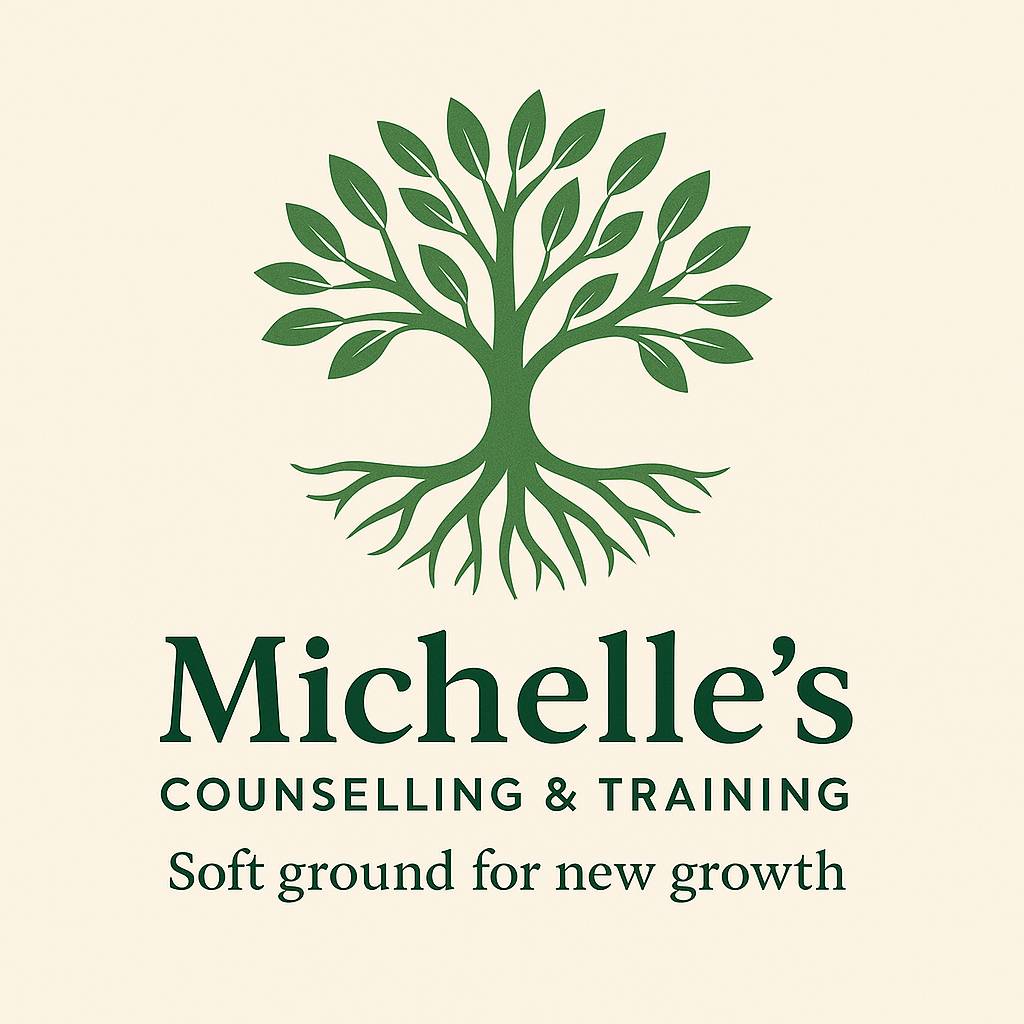Reducing anxiety
Some practical Strategies for a Calmer Mind
In a world that seems to move faster every day, anxiety has become a common experience for many of us. Whether it’s work pressure, social stress, or just the weight of daily responsibilities, it’s easy to feel overwhelmed. But the good news is—anxiety is manageable. With the right strategies, you can regain a sense of control and inner peace. Here are some practical, science-backed ways to reduce anxiety in your everyday life.
1. Breathe with Intention
It sounds simple, but deep, intentional breathing is one of the fastest ways to calm your nervous system. Try the 4-7-8 method:
Inhale through your nose for 4 seconds
Hold for 7 seconds
Exhale through your mouth for 8 seconds
Repeat this for a few cycles, especially during moments of tension.
2. Limit Stimulants
Caffeine and sugar can amplify feelings of anxiety. Consider reducing your intake or switching to calming alternatives like herbal tea or water infused with lemon or cucumber. Monitor how your body reacts—you might notice significant improvements just by adjusting your diet.
3. Practice Mindfulness and Meditation
Mindfulness means staying present in the moment without judgment. Even a few minutes a day can lower anxiety and improve focus. Apps like Headspace or Calm can guide you through easy meditation exercises that help ground your thoughts.
4. Move Your Body
Exercise isn’t just good for physical health—it’s a natural anxiety reducer. Even a brisk 10-minute walk can release endorphins that improve your mood and lower stress hormones. The key is consistency, not intensity.
5. Set Boundaries and Say No
Anxiety often comes from taking on too much. Learn to protect your time and energy. It’s okay to say no to plans, people, or projects that don’t serve your well-being. Boundaries are a form of self-respect.
6. Connect with Others
Anxiety thrives in isolation. Talking to a trusted friend, joining a support group, or even sharing a laugh with a family member can provide relief and remind you that you’re not alone.
7. Declutter Your Space and Mind
A cluttered environment can contribute to mental chaos. Take time to clean your space—it can help bring clarity. Likewise, journaling your thoughts can help you process worries and put things in perspective.
8. Seek Professional Help When Needed
Sometimes anxiety requires more than lifestyle changes. Therapists, counselors, or medical professionals can offer tools and treatments (like CBT or medication) that are tailored to your needs. There's no shame in seeking help—it's a sign of strength.
Final Thoughts
Anxiety may be a part of life, but it doesn’t have to control your life. With small, intentional steps, you can build a toolbox of techniques that help you stay grounded, even in stressful times. Remember, progress is personal. Celebrate the small wins, be kind to yourself, and know that you're not alone on this journey.

